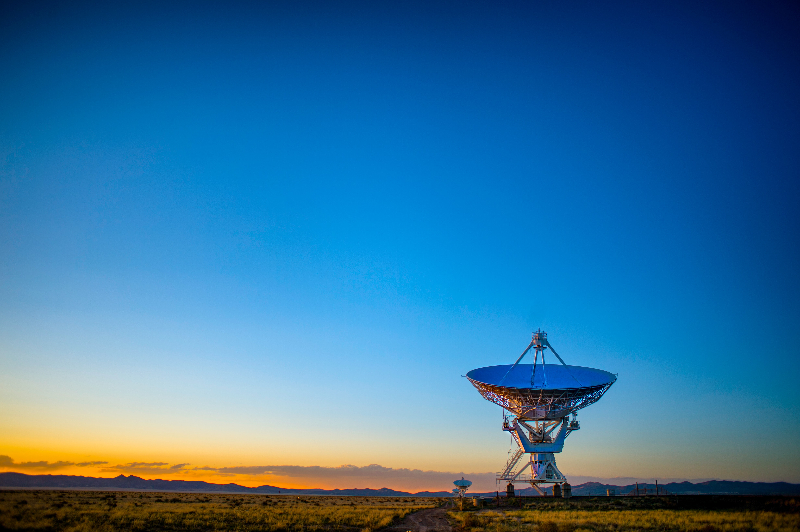During the last 100 years, Science Fiction film- and literature has been a forum through which technology and science has, directly and indirectly, been brought out to the public, discussed, and interpreted. Within the genre, images of the role of technology in future society have not only mirrored existing discourses and discussions about technology, but have also created visions of the future, as well as inspired and/or discouraged research and technological development. Taking works of science fiction as a starting point, we will analyse statements regarding technology and technological change and relate these to 20th century discussions and discourses regarding technology and society. The objective is both for the students to critically reflect upon these discussions, and get an introduction in the history of technology. The course will touch upon themes such as images of scientific research and technological development, technology and gender, futuristic visions of industrialization and environmental problems, research ethics, and the relation between man and machine.
A certain focus will also be on the role of popular culture in spreading images of science and technology. Therefore a part of the course will be dedicated to source criticism of images and film, as well as the connection between facts and fiction.
